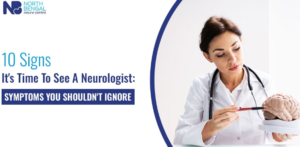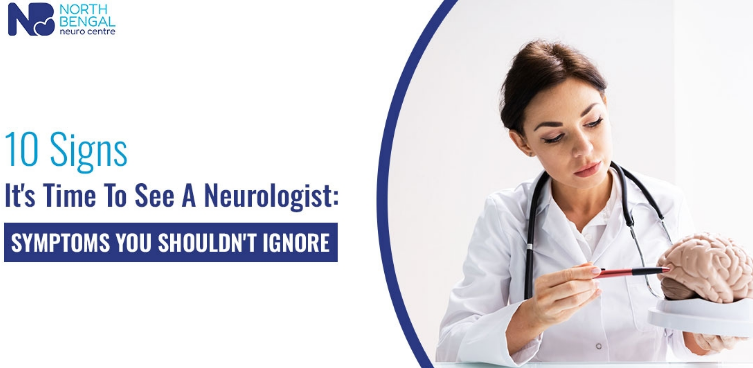When to See a Neurosurgeon: Key Symptoms That Demand Immediate Attention
Quite a number of people wonder when to see a neurosurgeon. Certain symptoms can indicate a severe problem that requires immediate attention. It is crucial to recognize these warning signs to ensure timely and effective treatment.
These include headaches, changes in vision, and problems with balance, among others. Knowing such signs can help avert complications and improve health outcomes. This blog will help readers understand which symptoms warrant a visit to a neurosurgeon and why acting quickly is crucial.
Sometimes, knowing when to get help is everything. Pay attention to your body and don’t hesitate to seek professional advice if something feels wrong.
Key Takeaways
- Early symptom recognition is key in health.
- Some symptoms indicate that one has to seek immediate medical attention.
- The earlier the actions taken, the better the outcomes.
Recognizing Neurosurgical Symptoms
Some symptoms may signify the need to be taken to a neurosurgeon. These are issues that one must know the early signs for and seek appropriate treatment.
Persistent Headaches
Persistent headaches can be more than just a nuisance. When headaches occur frequently or intensify over time, they may suggest an underlying issue. Signs to watch for include headaches that disrupt daily activities, wake a person from sleep, or are associated with nausea and vomiting.
A change in the character of headaches, for example, from infrequent to frequent, severe should not be neglected. They may be symptomatic of life-threatening disorders like brain tumor, aneurysm, or neurological disorders. A headache diary that includes information on frequency, intensity, and duration can be very informative for the doctors.
Numbness or Weakness
Unexplained numbness or weakness, anywhere in the body, is not something to be taken lightly. These feelings of numbness or weakness could be warning signs of nerve damage, or a problem in either the brain or the spinal cord.
If numbness is sudden or one side of the body is involved, it could be a symptom of a stroke or other life-threatening conditions. When weakness prohibits the individual from walking or grasping things, immediate consultation is necessary. The two major causes for such symptoms include multiple sclerosis and herniated discs.
Loss of Coordination or Balance
A sudden loss of coordination or balance can impact a person in everyday life. This might include difficulties in walking, frequent falling, or problems with fine motor skills.
These symptoms can indicate disorders ranging from tumors and lesions to degenerative diseases. It is relevant to note whether changes began after head trauma or whether they develop without an apparent reason. Medical consultation should be sought urgently, as they may indicate life-threatening conditions.
Seizures
Seizures may appear as full convulsions, but often the symptoms are more subtle and might only reflect a brief loss of awareness. New seizures in adults must be investigated by a healthcare professional.
A seizure may point toward brain injury, infection, or even epilepsy. It is necessary to know the type of seizure the patient is experiencing. For instance, a focal seizure may occur in just one side of the brain, while a generalized seizure involves the entire brain. Early diagnosis will ensure early treatment and control.
Changes in Vision
Sudden changes in vision require immediate medical attention: Sudden blurred vision, double vision, or loss of vision in one or both eyes may be associated with headache and nausea and could be a neurological problem.
These changes in vision could be due to detachment of retina, optic neuritis, and intracranial pressure. If the visual changes are accompanied by other symptoms such as headache or confusion, medical care should be sought. Timely intervention may play a key role in preventing permanent damage.

Also Read :
- Understanding the Role of Neurosurgeons in Modern Medicine
- MRI in te Assessment of Traumatic Brain Injuries for Neurosurgeons
- Exploring the Science Behind Deep Brain Stimulation for Parkinson’s
- 10 Breakthrough Neurosurgery Techniques Revolutionizing Brain Health
- MRI-Based Radiomics in Neurosurgical Outcome Prediction
